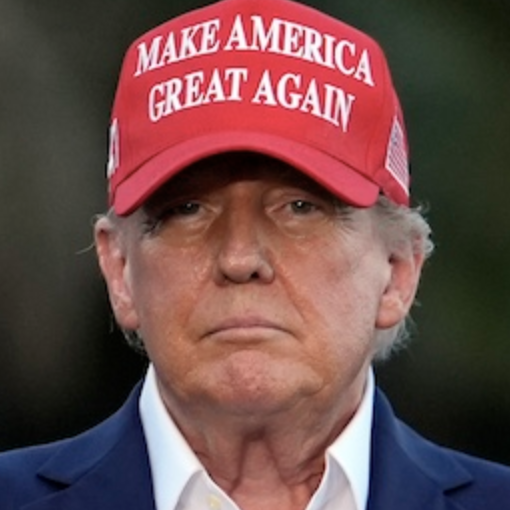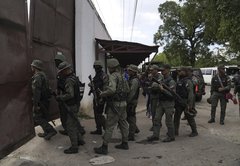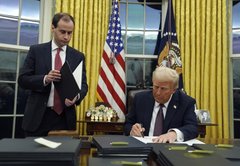Designate drug cartels as foreign terrorist organizations
Donald Trump
"I will designate the major cartels as foreign terrorist organizations. We will sever their access to global financial systems."
MAGA-Meter: Trump's Second Term

Promise Kept



